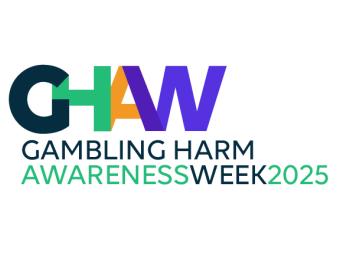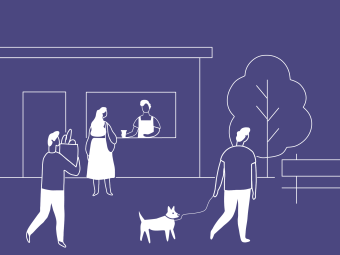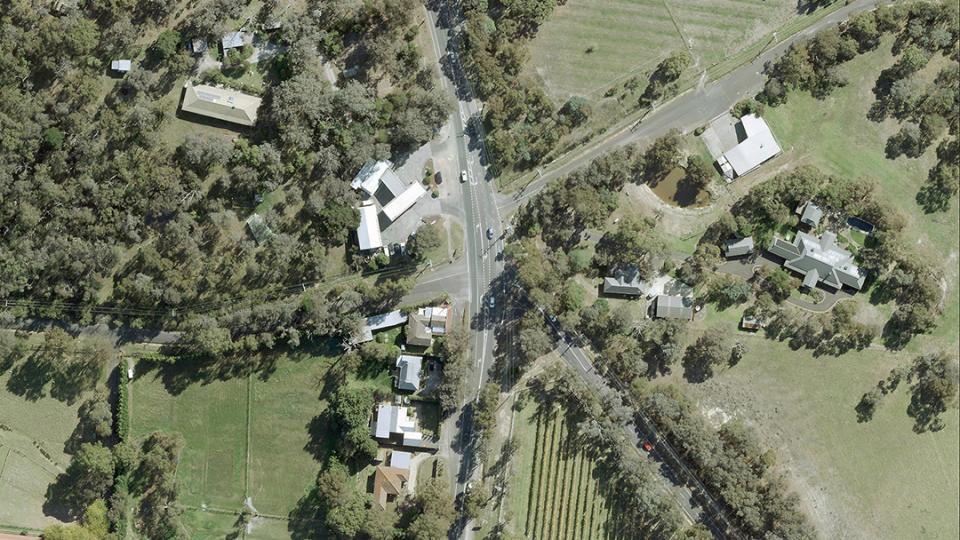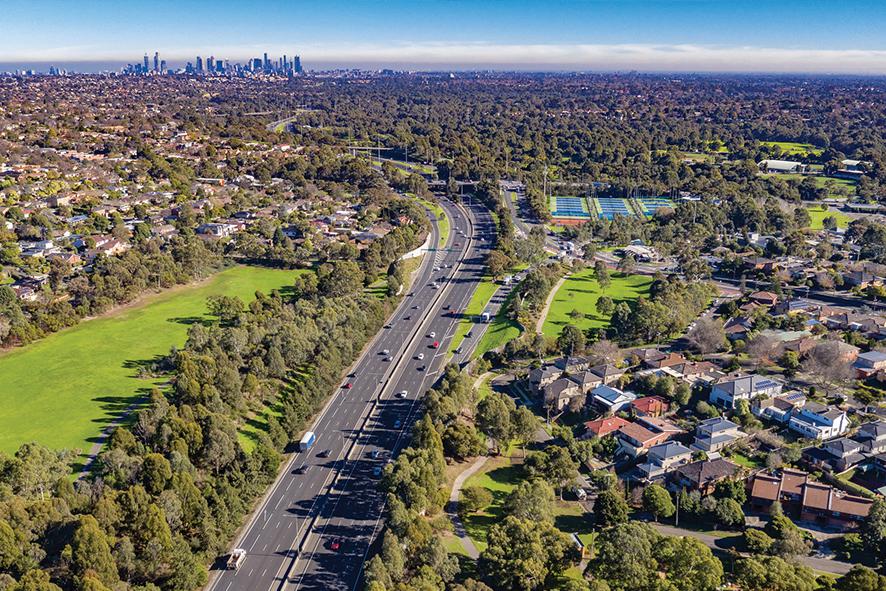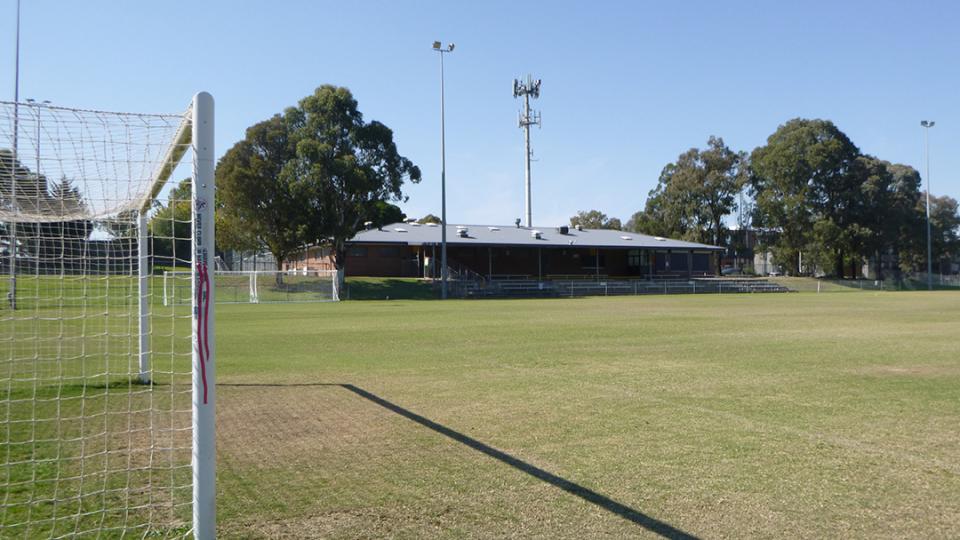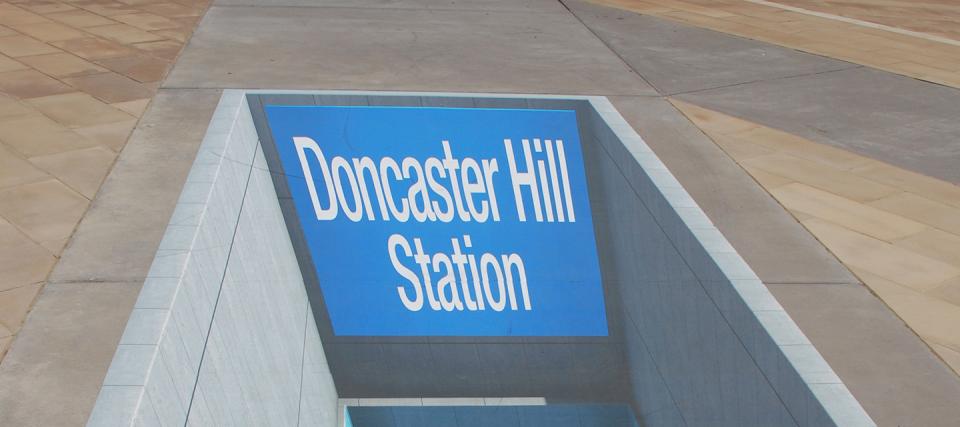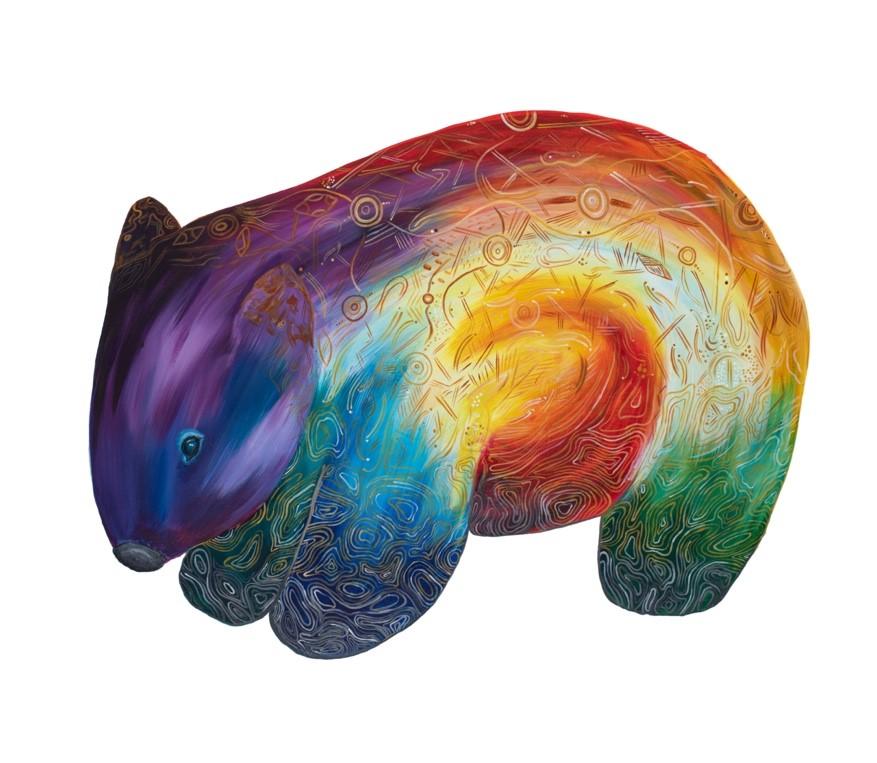
Under the Road Management Act 2004, we are responsible for street sweeping on local roads within Manningham to remove a build-up of fallen leaves and rubbish.
Why do we need street sweeping?
Street sweeping prevents the influx of leaf fall and litter from entering the underground drainage system potentially causing blockages, subsequent flooding and damaging the environment.
Litter not collected often ends up washing into open watercourses and into local creeks and the Yarra River.
Sweeping also benefits the overall amenity of the street, removes the build-up of dirt and leaves and reduces weeds along the kerb and channel.
What areas does Council sweep?
Council is responsible for maintaining 608km of local roads within Manningham.
Our street sweeping program includes:
- sealed roads with kerb and channel
- car parks and underpasses
- laneways and footpaths within Council maintained shopping precincts.
The Department of Transport and Planning (VicRoads) is responsible for maintaining the arterial road network.
When is street sweeping done?
Street sweeping is run throughout the year to keep our streets clean. We increase the frequency in a number of streets during Autumn when there is more leaf litter on the roads. Shopping precincts and key locations are given high priority.
| Area | Schedule* |
|---|---|
| Local roads within residential areas | Every eight to twelve weeks |
| Footpaths and laneways within shopping precincts | Fortnightly |
| Car parks within shopping precincts | 4 to 5 times per week |
| Car parks within our parks and reserves | Monthly |
| Underpasses | Every two months |
| Streets subject to heavy leaf fall during autumn | Monthly |
*This schedule is indicative.
We also respond to urgent sweeping requests such as storm events and traffic incidents.
What if my street needs sweeping?
Contact us for any urgent sweeping requests or potential hazards.

